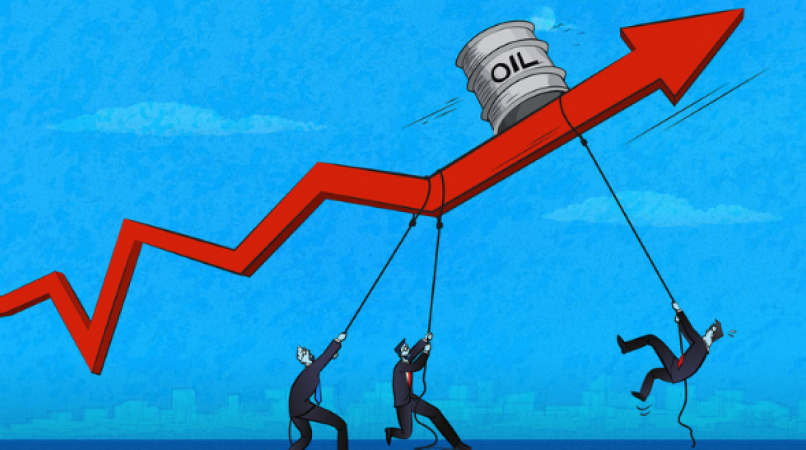
Washington: According to the companies' annual earnings reports, the major oil companies Shell, BP, Exxon Mobil, Chevron, and TotalEnergies earned a combined $196.3 billion last year. The amount exceeds the gross domestic product of the majority of nations, setting a record high for the oil sector.
The last company to report earnings was the French oil giant TotalEnergies, which revealed on Wednesday that its full-year profit for 2022 was $36.2 billion, double that of 2021. Exxon's $56 billion profit marked a historic high for the entire Western oil industry, while US oil major Chevron and British oil goliaths BP and Shell also announced record-high results earlier this month.
The record-breaking profits were brought about by a rise in fossil fuel prices in 2017. But as consumers struggle to pay for skyrocketing energy costs, criticism of the industry for hoarding cash has increased.
Also Read: Starlink's purpose in Ukraine is explained by Musk
"We must all call out profiteering like this given that we're entering a global recession and that the majority of us know people who are struggling," Alice Harrison of the advocacy group Global Witness told CNBC, urging "an increased windfall tax to help those struggling to pay their bills."
The oil majors' profits, according to the human rights organization Amnesty International, are "patently unjustifiable" and "an unmitigated disaster."
For governments to effectively address the rising cost of living for the most vulnerable populations, the billions of dollars in profits being made by these oil corporations must be adequately taxed, according to the group's secretary general Agnes Callamard.
In his State of the Union speech on Tuesday, US President Joe Biden referred to Big Oil's record profits as "outrageous." In an effort to encourage long-term investment, the head of state suggested raising the tax on corporate stock buybacks four times after observing that companies put "too little of that profit" into efforts to tame the rise in energy prices.
Also Read: Hungary criticizes EU efforts to arm Ukraine
However, the oil industry has been claiming that windfall taxes might deter investment.
"I do worry about some of the moves being made because windfall taxes or price caps simply erode confidence in that investment stability. The need for a new strategy, according to Shell CEO Wael Sawan, is to "really draw investment capital at a time when we need to be able to embed energy security into the broader energy system here in Europe."
Amin Nasser, CEO of Saudi Aramco, the largest energy company in the world, shared this viewpoint when he told CNBC that higher taxes "are not helpful for [the companies] to have additional investment."
Also Read: African nation "clears" objections to the Russian base deal
He continued, "They need to be assisted, they need to invest in the sector, they need to grow the business, in both conventional and alternative energy.